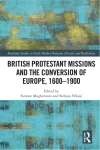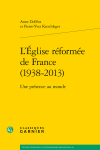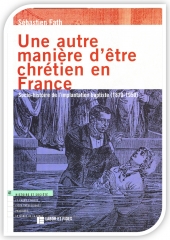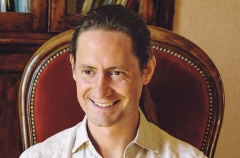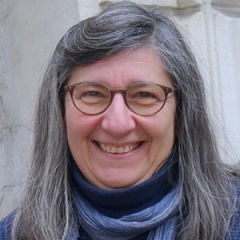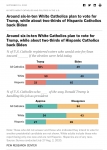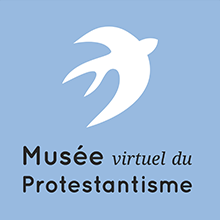 CFP: Pietism and Rule
CFP: Pietism and Rule
VII International Congress for Pietism Research Halle (Saale), 5–8 September 2027
Organised by the Interdisciplinary Centre for Pietism Research at Martin Luther University Halle-Wittenberg, in cooperation with the Francke Foundations in Halle (Saale).
Possible topics for presentations include:
-Pietism between Resistance and the Legitimation of Hegemonic Orders
-Rule and Freedom(s): Good and Bad Government, Obedience and Resistance
-Pietist Engagements with Democratic, Socialist, and Social Democratic Movements
-Mission and Colonial Rule
-Justifying Rule through the Authority of Scripture
-Pietism and “Theocratic” Communities
-Norm Formation in Doctrine, Piety, and “True” Christian Practice
-Sociologies of Knowledge: Controlling (Power) Knowledge
-Techniques of Domination by or against Pietism
-(Theological) Knowledge Production in Academic Contexts
-Education and the Institutionalisation of Authority
-Rule through Concepts: “Pietism” as a Category of Attribution
The International Congress for Pietism Research, usually held every four years in Halle, is the largest international congress of its kind and brings together researchers from all relevant disciplines in the humanities and social sciences who deal with the long eighteenth century and its interpretations up to the present day.
The Congress languages are German and English. Please submit your proposal for a presentation of no more than 30 minutes, including an abstract of 1,000–1,500 characters and a short CV, by 15 March 2026 to:
Diethard Sawicki
Martin Luther University Halle-Wittenberg
Interdisciplinary Centre for Pietism Research
06099 Halle (Saale)
Germany
diethard.sawicki@izp.uni-halle.de
https://izp.uni-halle.de
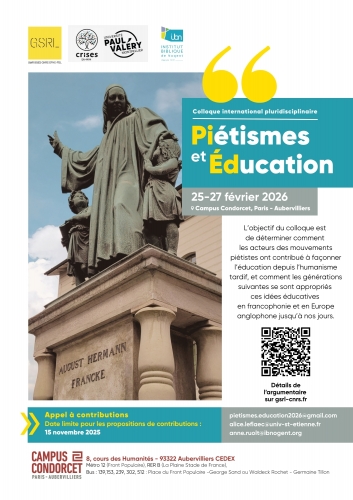
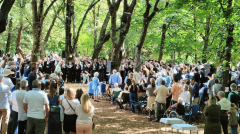
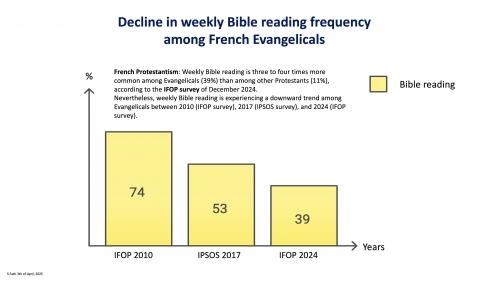
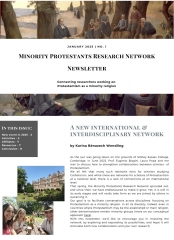
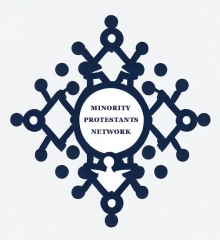
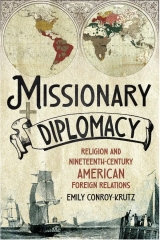 Missionary Diplomacy illuminates the crucial place of religion in nineteenth-century American diplomacy. From the 1810s through the 1920s, Protestant missionaries positioned themselves as key experts in the development of American relations in Asia, Africa, the Pacific, and the Middle East.
Missionary Diplomacy illuminates the crucial place of religion in nineteenth-century American diplomacy. From the 1810s through the 1920s, Protestant missionaries positioned themselves as key experts in the development of American relations in Asia, Africa, the Pacific, and the Middle East. 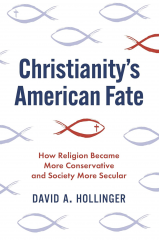
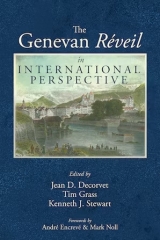
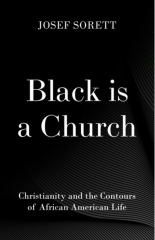
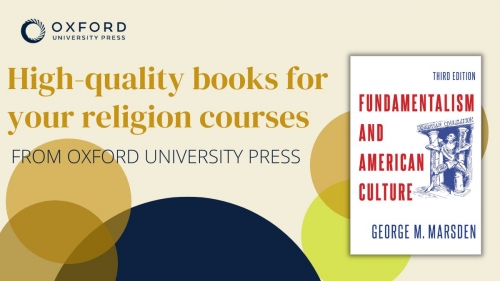
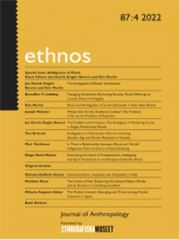 Diego Maria Malara's
Diego Maria Malara's 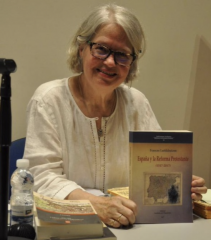
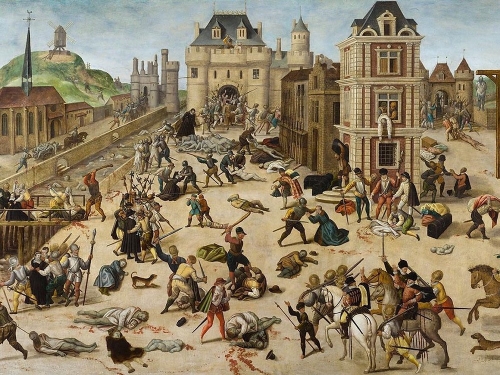
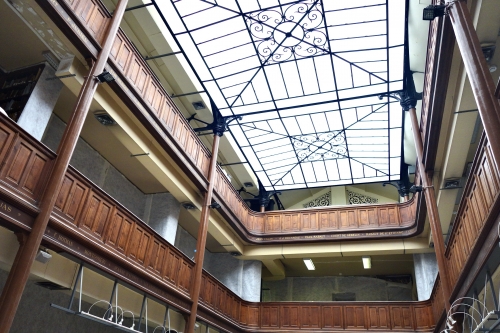
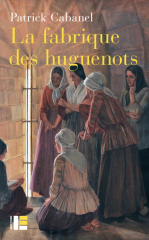
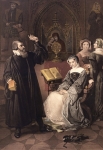 Female religious leadership in Protestant churches is trendy. However, things don't always go smooth.
Female religious leadership in Protestant churches is trendy. However, things don't always go smooth.

